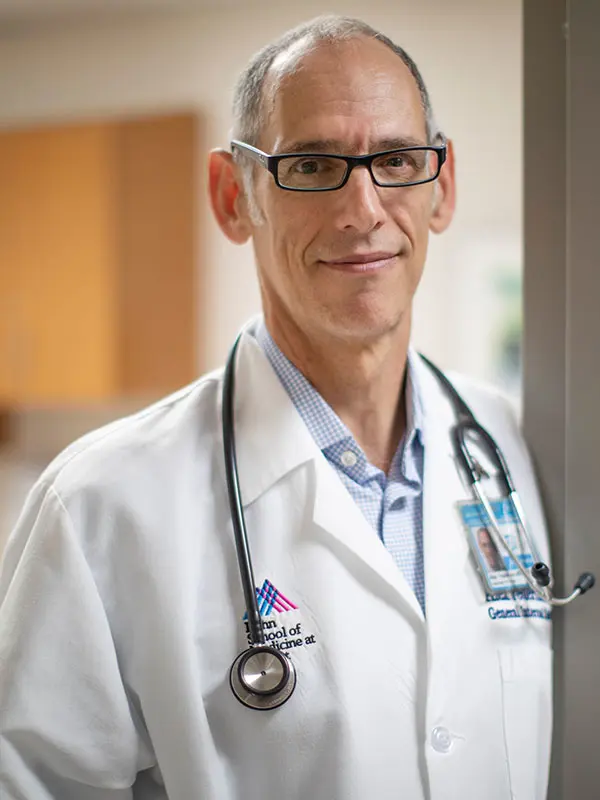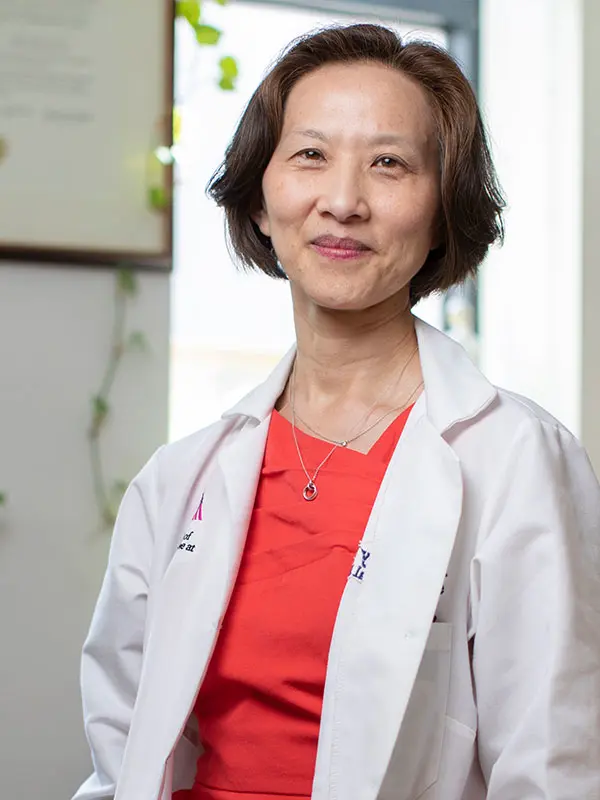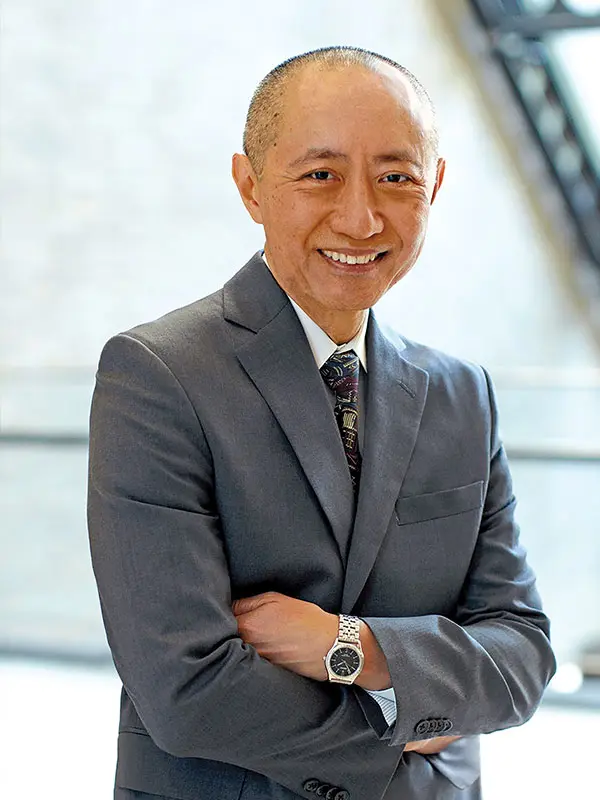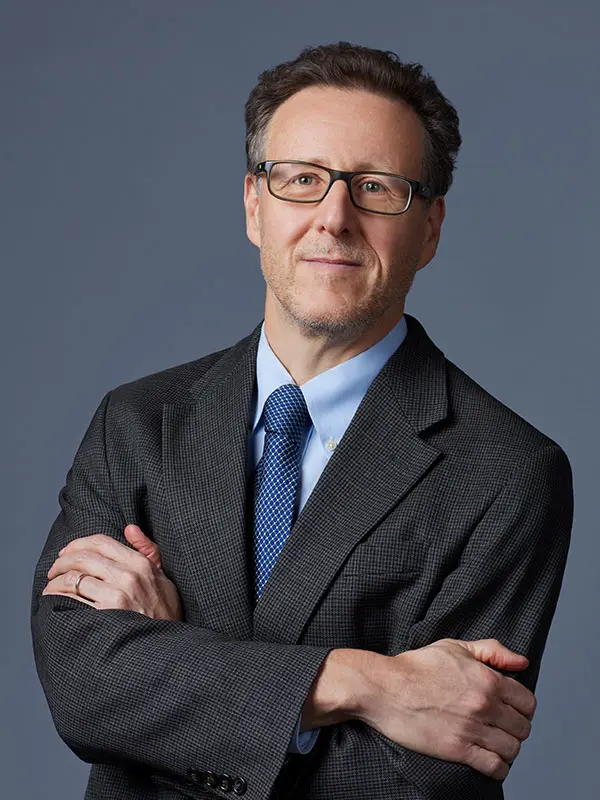Related Article
Mount Sinai is not only a renowned center of medical research, but also a center for research training, housing several National Institutes of Health (NIH)-funded T32 fellowships. Diversity of background, training, and thought are important components of these fellowships, creating cross-pollination that can significantly advance the field.
Two T32 programs stand out. The two-year Cancer Prevention and Control (CPC) in Priority Populations T32 fellowship program, established in 2018, focuses on training clinical and non-clinical scientists whose aim is to advance CPC in specific populations that are disproportionately vulnerable to cancer.
“CPC is a way of thinking about doing research that either looks at ways to prevent cancer or control it, usually in the realm of cancer survivorship,” explains Jenny J. Lin, MD, MPH, the system director for mentoring and Professor of Medicine (General Internal Medicine) at the Icahn School of Medicine at Mount Sinai. Dr. Lin is also the Associate Director of the CPC program.
“The research can be about cancer treatment, but it is often about survivorship—for example, how cancer survivors manage comorbid illnesses or palliative care. This research is broad, tending to be about health services or epidemiology. There is also behavioral research, and quite a bit of work done on cancer prevention that focuses on patient education, patient outreach, and comparative effectiveness,” Dr. Lin says.
Alex Federman, MD, MPH, a mentor for the program, Professor of Medicine (General Internal Medicine), and Geriatrics and Palliative Medicine, and the Division’s Director of Research, adds, “One thing that characterizes this program and others is that we support multiple disciplines and methodologies.”
Indeed, one of the great strengths of the CPC fellowship is the diverse backgrounds from which the fellows come, allowing for cross-pollination of ideas and expertise from divergent areas. One fellow is a nurse scientist, another an endocrinologist, a third a behavioral health scientist, the fourth a gastroenterologist.
All have strong research interests in so-called priority populations, which is a broad term designed to be inclusive of groups that are in some way vulnerable, and thus at risk for worse health outcomes. “So, priority populations might include minorities, the elderly, individuals with certain comorbidities, those with different sexual orientations or low socioeconomic status, and those living in a rural population,” explains Program Director Juan Wisnivesky, MD, DrPH, the Drs. Richard and Mortimer Bader Professor of Medicine and Chief of the Division of General Internal Medicine. “We also include individuals exposed to the World Trade Center site because it is a specific population that is served by Mount Sinai and has experienced worse cancer outcomes.”

From left: Jenny J. Lin, MD, PhD, Professor of Medicine (General Internal Medicine); Alex Federman, MD, MPH, Professor of Medicine (General Internal Medicine); and Juan Wisnivesky, MD, DrPH, the Drs. Richard and Mortimer Bader Professor of Medicine (General Internal Medicine)
The DiAD Program
The second notable two-year T32 training program is the Research on Disparities in Aging and Dementia fellowship—hence its acronym, DiAD—whose directors are Drs. Lin and Federman, as well as Albert L. Siu, MD, Chair Emeritus of the Brookdale Department of Geriatrics and Palliative Medicine.
The program, now in its third year, focuses on people with Alzheimer’s disease and other dementias, as well as older adults experiencing inequities in health outcomes. “The program has to do with cognitive impairment, but it doesn’t necessarily have to be in older adults,” Dr. Lin notes.
As with the CPC program, the DiAD program benefits greatly from the many disciplines of its fellows, which currently include a hospice and palliative care physician-scientist, an internist, a nurse scientist, and a clinical neuropsychologist. “I think the uniqueness of these two programs is because we have so many different people from different departments from different fields,” Dr. Lin says. “They are not all physicians, and that really promotes a lot of cross-disciplinary collaboration as well as thinking.”
Both the CPC and DiAD programs include interdisciplinary curricula and are especially strong in mentorship, with as many as 20 faculty researchers supporting the fellows in each program. “There are multiple levels of mentorship,” Dr. Federman explains. “The most important is the trainee’s primary mentor, who is the person they are working with on their main project. That is often the closest working relationship that the fellows will have.
“But for both programs we strive to create a mentorship team for the trainees, which we aim to be a multidisciplinary experience. We look at the individual needs of the trainee. Those needs may be content-specific, or methodological, or general career direction. We link up the appropriate mentors with each trainee.”
One of the goals of both the CPC and DiAD programs is to launch the careers of its fellows. By that measure the programs have been highly successful, with trainees continuing on to rewarding academic research careers at Mount Sinai and elsewhere and receiving career development awards and research grants from the NIH, American Society of Clinical Oncology, the American Cancer Society, and others.
Featured Faculty and Division Leadership

Alex Federman, MD, MPH
Professor of Medicine (General Internal Medicine), and Geriatrics and Palliative Medicine

Jenny J. Lin, MD, MPH
Professor of Medicine (General Internal Medicine)

Albert L. Siu, MD
Professor and Chair Emeritus of Geriatrics and Palliative Medicine; Professor of Medicine, and Population Health Science and Policy

Juan Wisnivesky. MD, DrPH
Drs. Richard and Mortimer Bader Professor of Medicine; Chief of the Division of General Internal Medicine
